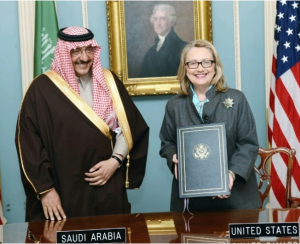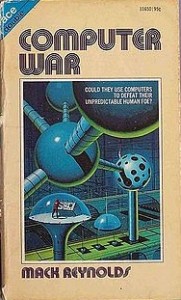Medical Impact of US Sanctions Drives Iran’s Need for 20% Enriched Uranium
While Western media routinely proclaim the danger of Iran enriching uranium to 20% since it is “just a few short steps” from the 90%+ enrichment needed for producing nuclear weapons, what is often overlooked is the role that Western sanctions on Iran play in forcing Iran to carry out this 20% enrichment. Iran treats 850,000 patients a year with medical radioisotopes and has only a 40 year old research reactor in Tehran for producing isotopes. Despite attempts by neocons to claim that the sanctions have exceptions for humanitarian goods, the reality is that the sanctions forced Iran to produce new fuel for the Tehran reactor and we see today a mention in the Iranian press suggesting that four new research reactors are planned so that Iran can produce more radiomedicines domestically.
Here is how the medical isotope situation was described by Thomas Erdbrink three years ago:
The impending shortage of technetium-99 is caused by the controversy surrounding the Iranian nuclear program. The sanctions imposed by the UN Security Council, aimed at moving Iran to halt its uranium enrichment program, are supposed to leave medical practice unaffected. In reality, however, Iran has become unable to procure a wide range of medical products. Body scanners cannot be imported from the US or the EU, since parts in these machines could also be useful to Iran’s nuclear program. An embargo on medical isotopes was introduced in 2007, in defiance of the medical exception clause touted as part of the trade sanctions, Iranian leaders said.
Isotopes are a rare commodity produced at only five sites worldwide. One of these, the High Flux Reactor in the Dutch town of Petten, currently accounts for 30 to 40 percent of worldwide production, but it is scheduled for retirement soon. Apart from the UN sanctions, so many restrictions — particularly American — on trade with Iran exist, that in practice nobody is willing to supply Iran with medical isotopes any longer.
Out of dire necessity, Iran now uses its 41-year-old research reactor in Tehran — originally constructed by the US — exclusively for isotope production, a job which used to take only a day a week. However, the reactor’s fuel, provided by Argentina in 1993, is quickly running out, the scientists said.
The situation had not improved by late 2010:
Iran imports some ready-made isotopes, but it has faced greater restrictions under UN sanctions and has to pay higher prices to get them. Sanctions do not directly ban the sale to Iran of medical equipment, but they make foreign producers more reluctant to provide it, and those who will sell it do so at inflated prices.
“We are paying twice the value of this product to import it from Turkey,” said Mohammad Reza Ramezani, an official at Shariati Hospital, pointing to a cargo of technetium-99, the most common radioisotope used in diagnosis, that arrived from Turkey at day earlier.
Iran did indeed embark on its plan to enrich to 20% and has converted a significant portion of that 20% enriched uranium to fuel plates for the Tehran reactor, a move that leaves the uranium more difficult to subject to further enrichment to weapons grade. However, many have noted that Iran now has produced much more fuel than would be needed in the near future by the Tehran reactor and yet enrichment to 20% continues. At the end of a story carried today by Fars News Agency praising Iran’s accomplishments in nuclear technology, though, we see that Iran now plans additional research reactors. It appears that these reactors will supply material for more domestically produced radiomedicines: Read more →


